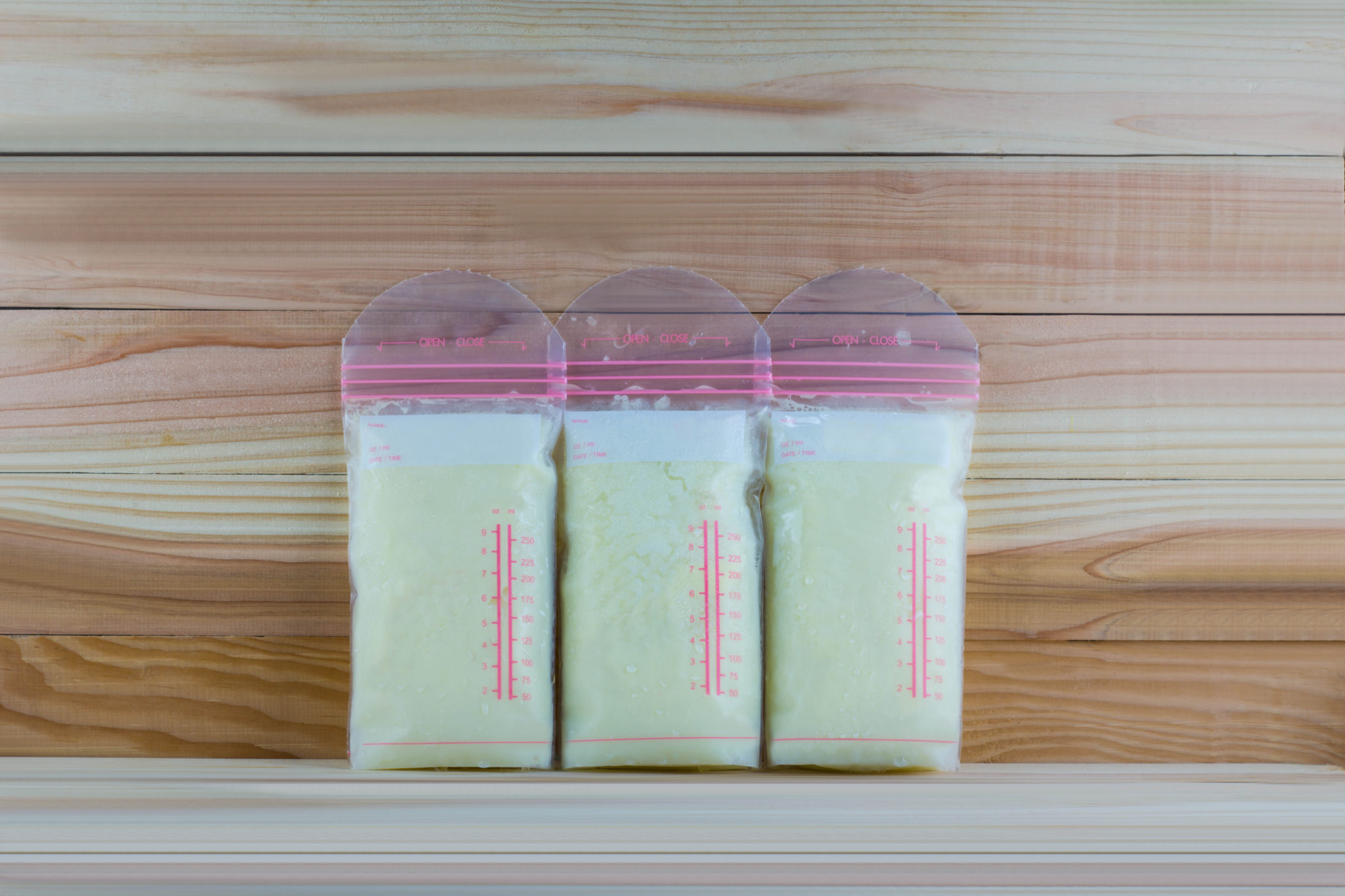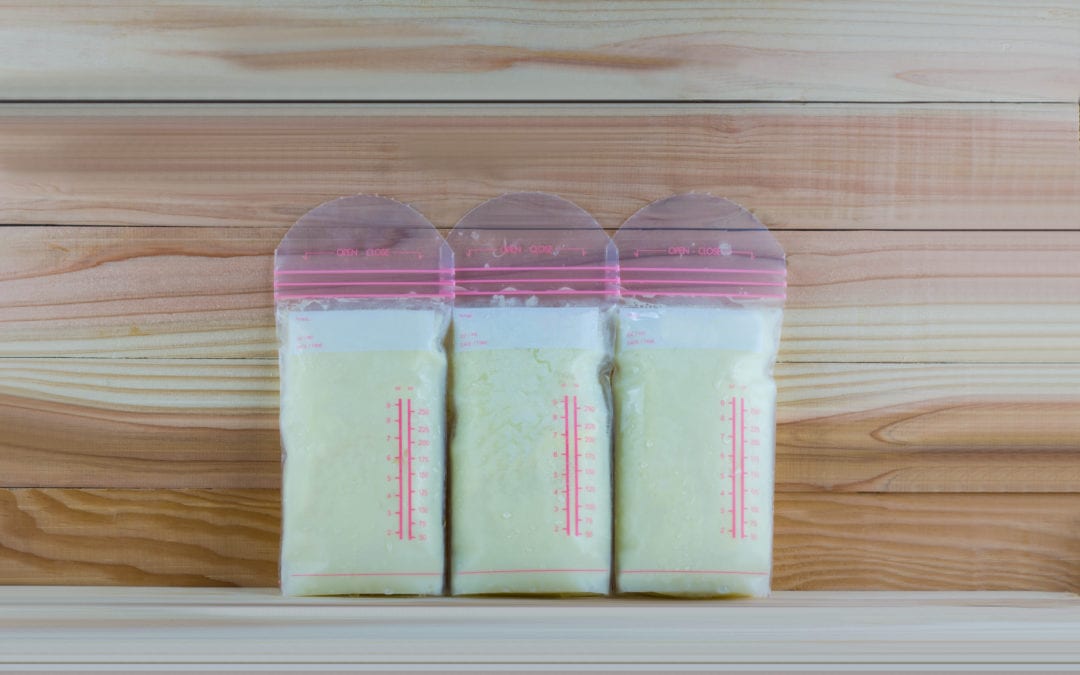
Read time: 3.5 minutes
TL;DR
- Donated breast milk can be a great option for mothers who are unable to or have been advised not to breastfeed their little one.
- Mothers may not be able to breastfeed because of low milk supply, busy schedule or medical conditions.
- All donated breast milk is tested for the presence of any bacteria, and mothers are tested for illnesses. Then the breast milk is pasteurized to ensure safety.
- The Human Milk Banking Association and the National Milk Bank are great local sources of breast milk for mothers.
Breast milk is the perfect first food for your new baby. Not only will breast milk provide all of the nutrients and minerals your little one needs to grow, but it also provides immune-strengthening antibodies and enzymes that can keep your baby from getting sick. Unfortunately, some moms who want to feed their little one breast milk aren’t able to do so. Donor milk can help you give your baby breast milk if you aren’t able to nurse.
Potential Reasons Behind Needing Donor Milk
Though most moms can breastfeed with the support and help of family and a lactation consultant, there are instances when a woman is unable to or has been advised not to breastfeed their little one. These reasons include:
Not Making Enough Milk
Some moms don’t make enough milk to feed their little one. This may be due to medications, health conditions or genetics. Supplementing your own breast milk with donor breast milk or formula is a great option to help you continue to nurse your baby as long as you would like.
Working Multiple Jobs
Moms who work multiple jobs may not be able to pump often enough to keep up their milk supply. These moms may still choose to nurse in the morning and evening hours when they are with their little one and supplement while they work.
Mothers Receiving Chemotherapy
Because chemotherapy and related drugs are designed to target and destroy cancer cells, you won’t be able to nurse your little one if you are receiving these treatments as the chemotherapy drugs can harm your little one.
Donated Milk Safety
It’s normal to be a little worried about the safety of donated breast milk. Mothers who donate their extra breast milk are screened and tested prior to donation for illnesses that could pass onto the baby. Additionally, all donated breast milk is tested for the presence of any bacteria. The milk donation bank then pasteurizes the breast milk in order to prevent any potential germs from passing on to your baby.
Finding Local Sources for Breast milk
If you want to give your baby all of the benefits of breast milk and you aren’t able to do so, look for local sources for breast milk. The Human Milk Banking Association of North America arranges for women to both donate and receive donated breast milk. They have local banks throughout the United States. Additionally, the National Milk Bank also lists local sources to receive breast milk.
Donating Your Extra Breast milk
If you are one of the lucky moms who makes more milk than your little one needs, donating milk to another baby is a gift that will last him or her a lifetime. When you contact a local milk bank, you will first fill out a questionnaire to screen for any potential problems. You will also be tested to make sure that you don’t have any illnesses that could be passed onto the baby who is receiving the donor milk.
Neonatal facilities have an extremely high need for donated breast milk. Premature babies have very weak immune systems and are susceptible to infections. Breast milk helps prevent these problems from occurring and could save a baby’s life.
If you aren’t able to nurse your little one and would like donor milk, contact a milk bank today for more information. You will still be able to bond with your little one as you snuggle together during feeding time. If you are a mom who wants to donate milk, consider using an insurance-provided pump by Ameda Direct in order to give other babies this precious gift.


 Complete Our Simple Online Form
Complete Our Simple Online Form We’ll Handle All The Paperwork
We’ll Handle All The Paperwork Receive Your Free Ameda Pump
Receive Your Free Ameda Pump